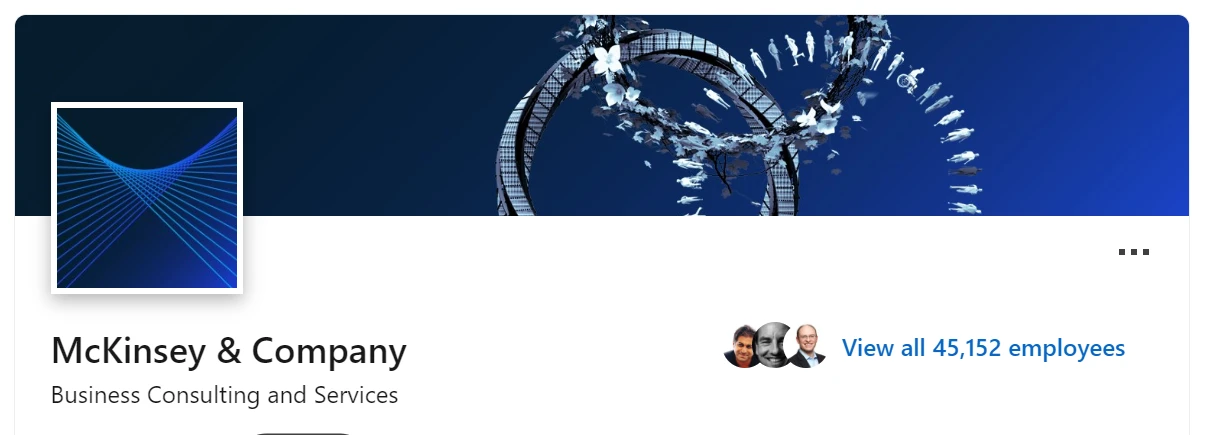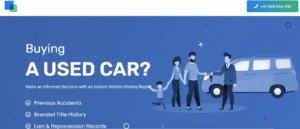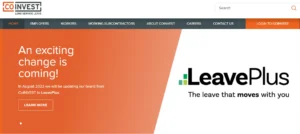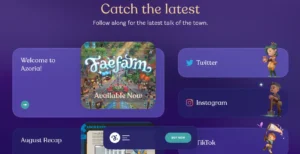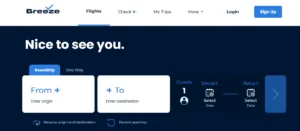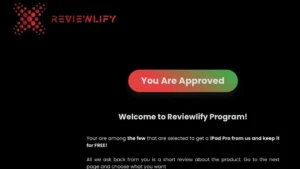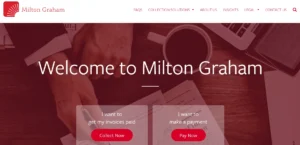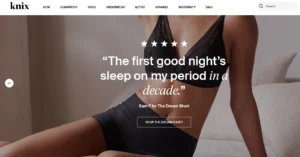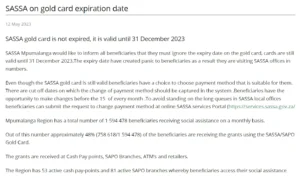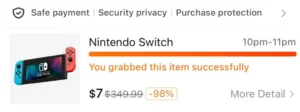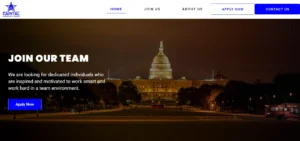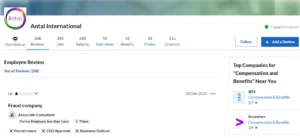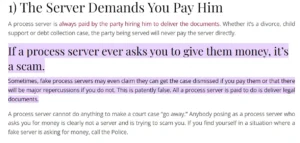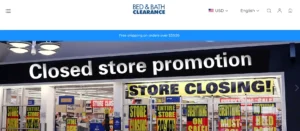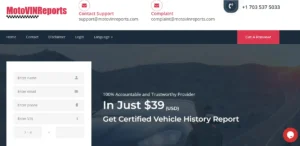Mckinsey and Company Recruitment Scam Whatsapp Message: Are you looking for a job and received a message from McKinsey and Company on Whatsapp? Beware! There is a recruitment scam going on.
In this article, we will explain how the scam works, provide warning signs to help you spot it, share real-life stories from victims, and offer tips to protect yourself.
Don’t fall for this scam, take action and report it to prevent others from being deceived.
Table of Contents
How the McKinsey and Company Recruitment Scam Works
To understand how the McKinsey and Company recruitment scam works, you need to be aware of the common tactics used by scammers.
First, scammers often impersonate legitimate recruiters from McKinsey and Company, using official company logos and email addresses to deceive unsuspecting job seekers.
They send out unsolicited messages, claiming to have job openings and promising high salaries and attractive benefits. These messages usually come through email or social media platforms like LinkedIn or WhatsApp.
Once the victim responds, the scammer will request personal information, such as bank account details or a copy of their passport. Some scammers may even ask for an upfront payment for ‘processing fees’ or ‘visa applications.’
It’s important to remember that legitimate companies like McKinsey and Company never ask for personal information or payment during the recruitment process. Stay vigilant and always verify the authenticity of any job offer before providing any personal details.
Warning Signs: How to Spot the Whatsapp Message Job Scam
Be cautious of any unsolicited WhatsApp messages claiming to offer job opportunities, as they could be part of the McKinsey and Company recruitment scam. It’s important to be aware of the warning signs that can help you spot this scam.
One of the first red flags to look out for is receiving a message from an unknown number or contact. Legitimate job offers are typically communicated through official channels, such as company websites or professional networking platforms.
Another warning sign is if the message promises high salaries or quick promotions without any prior qualifications or experience. Remember, if something seems too good to be true, it probably is.
Additionally, be wary of messages that request personal information or payment upfront. Legitimate employers would never ask for money or sensitive data before hiring you.
Stay vigilant and trust your instincts to avoid falling victim to this scam.
Real-Life Stories: Victims of the McKinsey and Company Recruitment Scam
You weren’t the only one who fell victim to the McKinsey and Company recruitment scam. Many others have also been deceived by this elaborate scam, targeting individuals who are eager to secure a job with a prestigious consulting firm like McKinsey and Company.
These victims, just like you, received enticing messages on WhatsApp, promising lucrative job opportunities and a chance to work with a renowned company.
They were lured in by the promise of high salaries, international travel, and a prestigious career. Unfortunately, their dreams were shattered when they realized that it was all a scam.
They lost their hard-earned money, personal information, and even their trust in the job market. It’s crucial to raise awareness about these scams to protect others from falling into the same trap.
Protect Yourself: Tips to Avoid Falling for Job Scams
By being vigilant and following these tips, you can avoid falling for job scams.
Firstly, always research the company thoroughly before applying or providing any personal information. Look for reviews, check their website, and verify their contact information.
Secondly, be cautious of job offers that seem too good to be true or promise high pay for little work. Legitimate companies usually have standard salary ranges.
Thirdly, never provide sensitive information like your Social Security number or bank details unless you have verified the legitimacy of the company and the job offer.
Fourthly, be wary of job postings that have grammatical errors, spelling mistakes, or poor formatting. Legitimate companies usually have professional job listings.
Lastly, trust your instincts. If something feels off or suspicious, trust your gut and don’t proceed with the application or job offer.
Stay alert and protect yourself from job scams.
Reporting and Taking Action Against the McKinsey and Company Recruitment Scam
To effectively address the McKinsey and Company recruitment scam, you must promptly report any suspicious messages and take immediate action to protect yourself and others.
If you receive a suspicious message claiming to be from McKinsey and offering a job opportunity, don’t engage with the sender. Instead, take a screenshot of the message and report it to the appropriate authorities, such as your local law enforcement agency or the company itself.
Additionally, you should share the information with your friends and family to raise awareness about the scam and prevent others from falling victim to it.
Frequently Asked Questions
How Long Has the Mckinsey and Company Recruitment Scam Been in Operation?
The McKinsey and Company recruitment scam has been in operation for an undisclosed period of time. It’s essential to remain vigilant and cautious when encountering suspicious job offers or messages.
This scam involves fraudsters posing as representatives of McKinsey and Company, a reputable global management consulting firm. They reach out to individuals through emails, social media platforms, or job portals, offering lucrative job opportunities.
The scammers often present themselves as recruiters or HR personnel and claim to be hiring for various positions within McKinsey and Company. They may request personal information, such as your resume, identification documents, or even bank account details for salary transfers.
Are There Any Specific Regions or Countries Where This Scam Is More Prevalent?
It’s important to be aware of specific regions or countries where job scams like the Mckinsey and Company Recruitment Scam are more prevalent.
Stay vigilant and research before engaging with any job offers.
Can Victims of the Scam Get Their Money Back or Take Legal Action Against the Scammers?
You can take legal action against the scammers and try to get your money back if you’re a victim of the scam.
It’s important to gather evidence and report the incident to the authorities.
Are There Any Particular Qualifications or Skills That Scammers Claim Are Required for the Fake Job Offers?
Yes, scammers often claim that you need certain qualifications or skills for the fake job offers. They may require you to have a specific degree or certification, or they may claim that you need expertise in a particular field. They may also ask for specific skills such as computer programming, graphic design, or marketing. These requirements are designed to make the job offer seem more legitimate and to convince you that you are qualified for the position. However, it’s important to remember that scammers can make up any requirements they want, so don’t be fooled by their claims. Always do your own research and verify the legitimacy of the job offer before providing any personal information or sending money.
What Steps Are Being Taken by Mckinsey and Company to Prevent and Address This Scam?
To prevent and address this scam, McKinsey and Company is actively taking steps. They’re implementing measures like:
- Raising awareness
- Reporting scams
- Working closely with law enforcement agencies to ensure the safety of job seekers.
Conclusion
In conclusion, it’s crucial to remain vigilant and cautious when it comes to job opportunities received through WhatsApp messages. The McKinsey and Company recruitment scam is a prime example of how scammers can exploit unsuspecting individuals.
By being aware of the warning signs, learning from the experiences of victims, and following tips to protect oneself, it’s possible to avoid falling for job scams and take action against those responsible.
Stay informed and stay safe.
Also Read
Grafton Recruitment Reviews: Grafton Recruitment Scam or Legit?
Rice Krispies Scandal: Kellogg’S Incident Involving Rice Krispies
Aog Technics Scandal: FAA Issues Warning Over AOG Technics
Also Read
Hans Niemann Scandal: Chess Cheating Scandal Explained
Tom Sandoval Scandal: Ariana Madix Reflects on Ex Tom
Peoples Pod Recruitment Scam – Don’t Be Fooled
Also Read
JMJ Phillip Reviews – Is JMJ Phillip Legit or a Scam?
Korn Ferry Recruitment Scam – Don’t fall for this Whatsapp phishing scam
Pink Lily Deal Scam – Don’t be fooled by this fake online store
Also Read
Is FTC Vs Lifelock Refund Check Legit? Find Out!
Sevacare International Recruitment Scam – Don’t be the next victim!
Venn Group Recruitment Scam – Don’t be the next victim!
Also Read
Is Jewlify Legit or a Scam? Don’t Get Fooled!

